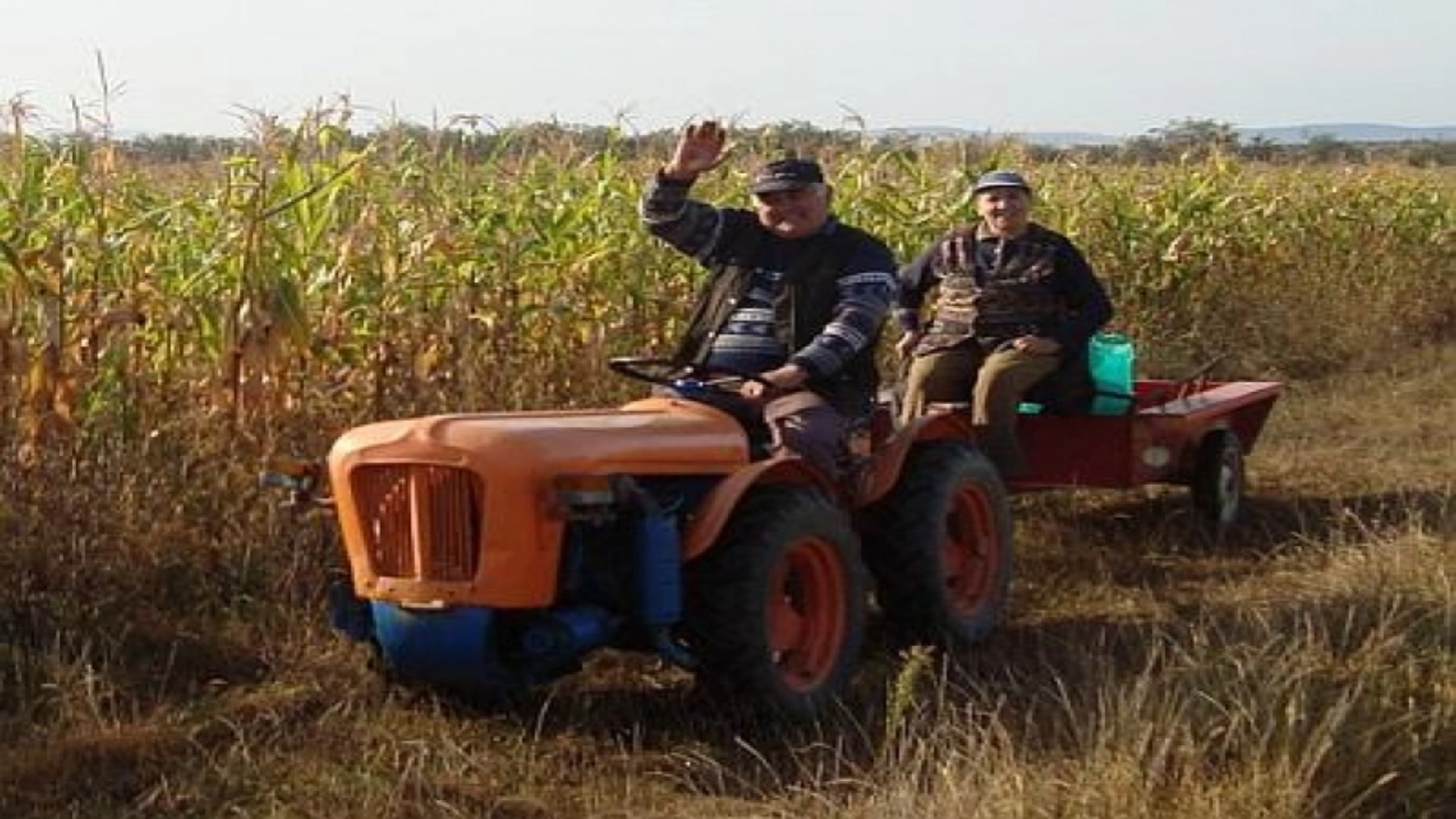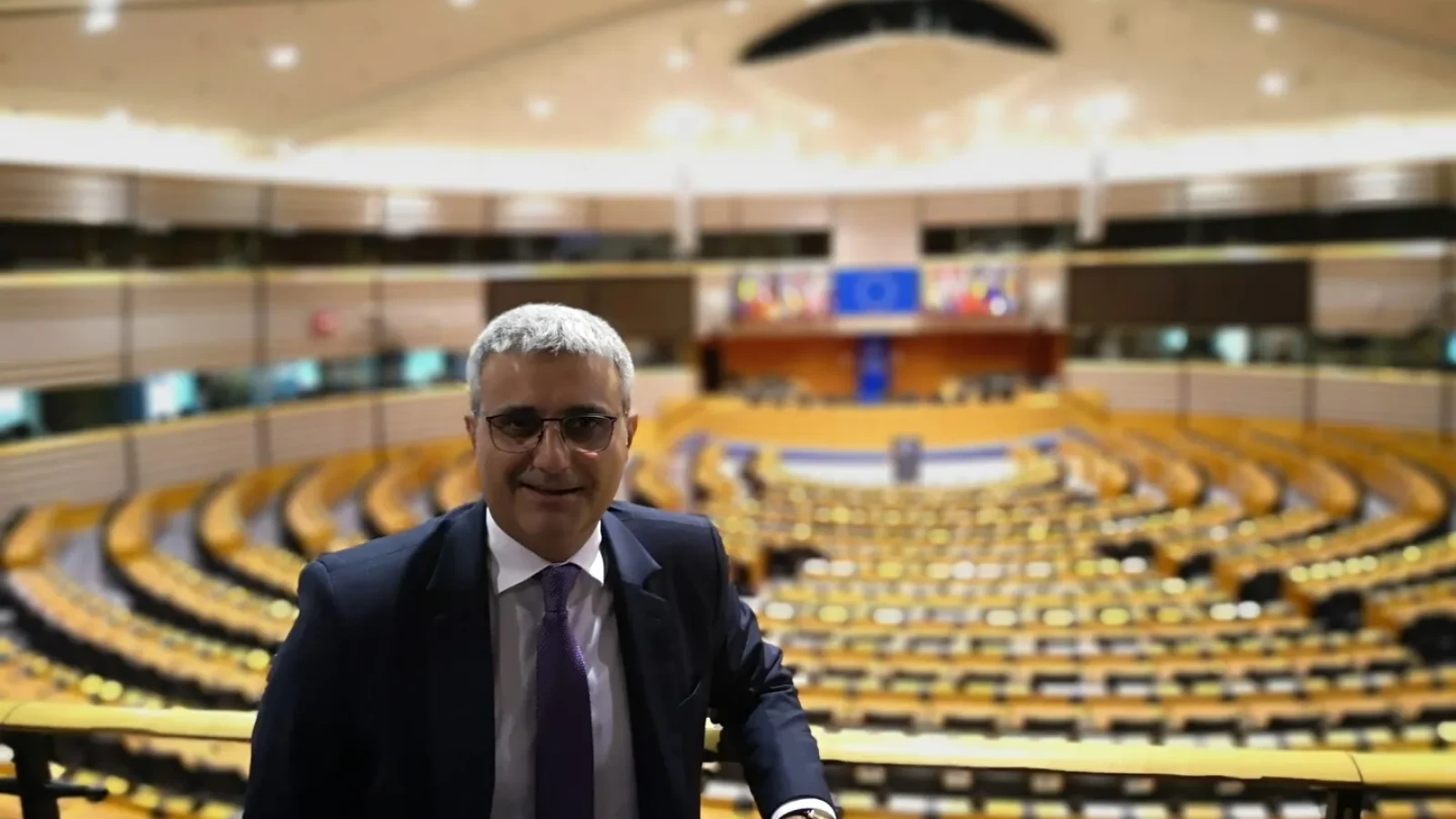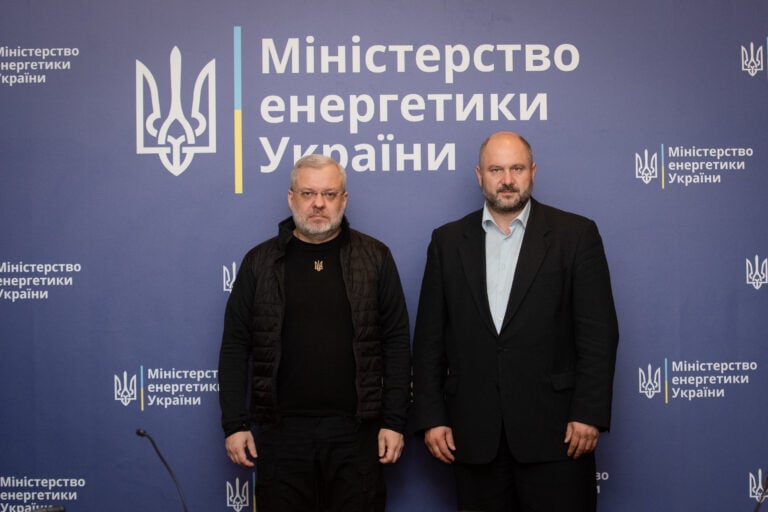How much exposure to agricultural chemicals can Europe's environment take? The dispute over the use of pesticides has been fermenting since plans for a substantial reduction were presented in Brussels. Proponents and opponents both claim: if they are not listened to, the food supply is in danger.
In the summer of 2022, the European Commission presented a legislative proposal that, among other things, provides for reducing the use and risks of chemical pesticides by 50 percent by 2030, told Agerpres.
The European Commission's proposal is met with resistance from several EU member states. While some recognise the significance of the measures to protect the environment, others sound the alarm regarding the impact on their individual agricultural industries and European food security as a whole.
Green MEP Sarah Wiener, however, is pushing for much stricter rules in the dispute over a significant reduction of pesticides in European agriculture. In a report, she proposed, among other things, more taxes on pesticides, a stronger reduction of particularly dangerous pesticides and compromises on the total ban of chemicals in very sensitive areas. For example, Wiener proposed that the ban should include exceptions for organic pesticides.
Will the European Commission's ambitions to protect the environment prevail over EU-wide concerns about the negative impact on the agricultural sector and European food security?
Croatia positive, but foresees country-specific reduction targets
The Croatian Ministry of Agriculture stated that it was necessary to speed up and facilitate the registration process of alternative plant protection products at EU level and the introduction on the market of plant protection products that contain biologically active substances, for which financial assistance to the member states is provided.
The Croatian Ministry of Agriculture also believes that the regulation should prescribe a common methodology for all member states, based on which the European Commission would calculate their progress and compare them to the EU average. On the basis of this data, the national reduction goal for the use of pesticides for each member state would be determined. Quantitative national targets for reducing the use of pesticides would be specified as part of the National Action Plan for achieving a sustainable use of pesticides.
Furthermore, Croatia believes that it is necessary to encourage the transition to alternative, more sustainable methods of protection, i. e. to encourage research in this segment, ensure adequate availability of biological agents and strengthen financial support at EU level for additional investments in alternative methods or means.
The calls to implement country-specific assessments of the impact of a reduced use of chemical pesticides are, albeit more strictly, echoed by other member states, which believe the European Commission should not lump their respective agricultural sectors together.
Concerns for food security at the core
On that note, Slovenia opposes the regulation on a sustainable use of pesticides or plant protection products entering into force, mainly because it does not take into account the differences between member states' agricultural sectors. Slovenian farmers, who gathered for a mass protest at the end of March, called for the government to reject the regulation. They said that the proposal was 'catastrophic', as the areas it covers in Slovenia account for half of the country and 40 percent of its total agricultural land.
During the negotiations, Slovenia had proposed a different methodology to be implemented, one that would take into account how much each country contributes to the European average in terms of the use of plant protection products. Among those opposing the drastic reduction in the use of pesticides is MEP Franc Bogovic of the European People's Party (EPP). He has tabled a series of amendments to revise the regulation and lower the reduction target. He also called for an impact assessment of the proposed regulation on food security to be carried out for each country, arguing that the regulation as it currently stands could seriously jeopardise the countries' food security.
In Germany, the proposal took farmers to the streets to demonstrate with about 200 tractors in Bonn. German MEPs of the Christian Democratic CDU/CSU alliance expressed understanding for the protests. German MEP Norbert Lins also criticised the intended complete ban of pesticides in certain protected areas.
Emphasis on countries' individual conditions
The Association of the Romanian Plant Protection Industry (AIPROM) argues that the methodology for pesticide reduction targets should continue to be based on usability and risk, but should also take into account the country-specific agricultural environments, historical achievements and the different starting points for each member state.
'Romania, through the National Phytosanitary Authority, considers that the proposal for a regulation on the sustainable use of plant protection products drafted by the European Commission must prioritise food security and safety for European citizens over the ambitions of protecting the environment,' Minister for Agriculture and Rural Development Petre Daea said.
Italy, along with a majority of member states, asked the Commission for additional data to review the impact on production of the proposal to halve the use of pesticides by 2030. On the reduction of pesticides 'we need to open a serious reflection and implement research,' so that 'the decrease of pesticides corresponds to an action to replace them,' Italian Minister for Agriculture Francesco Lollobrigida said on the sidelines of the EU Council Summit in December 2022.
Ever since the European Commission made its initial proposal last summer, Spain expressed reservations about the idea of reducing the use of chemical pesticides by 2030. The Spanish government called for farmers to have sufficient alternatives to these pesticides before implementing the new restriction. In addition, the Spanish Minister of Agriculture, Luis Planas, defended the need to make the preservation of the environment compatible with the economic activity of agriculture, which is a key sector for many rural areas of the country.
Serbia aims to harmonise with EU pesticide rules
In Serbia, which has been a candidate for EU membership since 2008, farmers who use incentives from pre-accession funds sign a contract in which they undertake to respect all EU standards on their farms, so that the use of pesticides, their quantity, method of application, storage, and waste management are monitored. The goal is to get all farmers to commit to this in order to obtain a realistic picture of the quantity of chemical pesticides that are still being used and how.
'Our list of permitted preparations is still not 100 percent harmonised with the EU, which is what we are aiming for, and every year a certain number of preparations are deleted from the list,' Milenko Jovanovic from the Serbian Association of Young Farmers (SUMP) said. 'The goal is to be fully harmonised with the EU in approximately 3 to 5 years, but the fact that this harmonisation will be accompanied by new additional restrictions will have a negative effect on the mood of farmers, because they will make production more expensive and more difficult. Every year is more and more challenging in terms of crop protection,' Jovanovic pointed out.
This article is published Fridays. The content is based on news by ANSA,
































Comentează